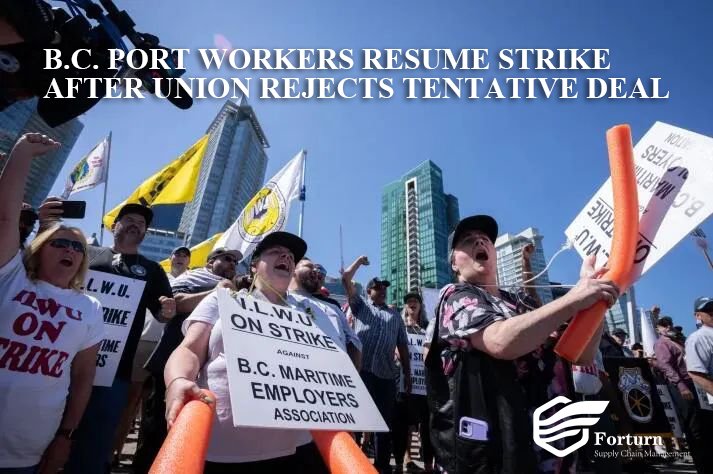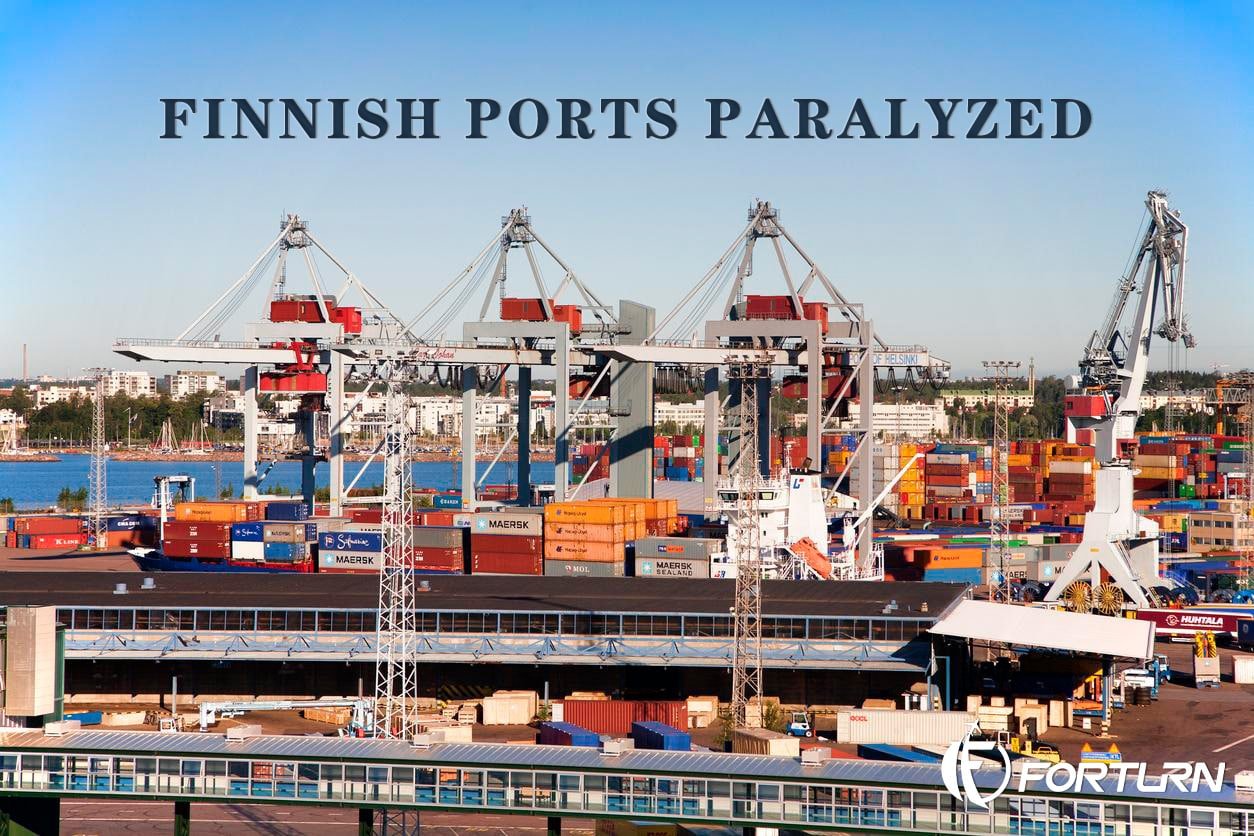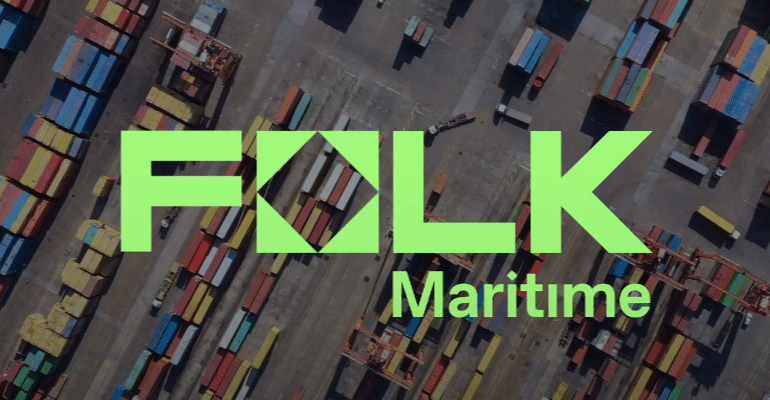B.C. port workers resume strike after union rejects tentative deal
July 19, 2023 B.C. port workers say they will resume strikes as early as Saturday after their strike action on Tuesday was ruled illegal and ordered to return to work Wednesday morning. Thousands of British Columbia port workers are resuming strike activity after failing to ratify a tentative agreement reached through federal mediation.
More than 7,400 workers at the International Longshore and Warehouse Union (ILWU) went on strike from July 1 to 13 over issues including port automation, outsourcing and rising costs of living. Recently, more than 7,400 dock workers in British Columbia were rejected by the union due to the preliminary agreement between labor and management, and the strike resumed. However, the strike was ruled illegal by the Canadian Industry Relations Board because the required 72-hour notice was not given to all parties. As a result, the union had to reissue the notice and postpone the start of the strike until this Saturday. On July 13, after a strike that lasted nearly two weeks, labor and labor negotiators at B.C. ports reached a tentative deal proposed by federal mediators. The strike was paused for the day, and representatives from both sides returned to their respective meetings. However, the preliminary agreement met with resistance at the union’s meeting.
Although this labor dispute only occurred in one industry in one province, since BC is an important gateway for import and export of Canadian sea freight, the port stoppage has affected the supply of goods and the transportation industry across Canada. Labor Minister Seamus O’Regan and Transportation Minister Omar Alghabra issued a statement late Tuesday saying that workers and employers across Canada can no longer tolerate the distress of last week and that all options are being considered.
According to Canadian law, the federal government has the power to pass legislation to force trade unions to resume work when national security or basic social services are affected. However, this is an emergency exit in democratic parliamentary politics, and unless the situation is extremely urgent, the ruling party usually does not choose this option. Since the strike began on July 1, Origan has insisted on no enforcement measures, arguing that the best deal should be struck at the negotiating table. However, wording in the statement appeared to suggest the federal government was now considering legislative action.
Call for Legislative Return to Work
After the strike resumed, Alberta Premier Smith (Danielle Smith) and some industry associations once again called on the federal government to adopt legislation to force the return to work. However, the NDP said that while resuming strikes is a step back, it is the union’s legal right to veto the deal and negotiations should continue without the threat of a forced return to work. The Canadian Industrial Relations Board ruled Wednesday that the strike was illegal because the union failed to give all parties the required 72 hours’ notice. The ruling could have important implications for the continued development of the strike.
Federal NDP transport critic Taylor Bachrach said in a statement that while the resumption of the strike was a setback, the union had the right to refuse a deal and negotiations should continue without being threatened by legislation to end the dispute. “We’re also calling again on the federal government to support the collective bargaining process, rather than resorting to the kind of back-to-work legislation that Liberal and Conservative governments have often put in place,” Bakrach said.
The strike of longshoremen in BC is not just a local dispute. The maritime import and export gateway involved has important implications for Canadian trade and the economy. At present, all parties are still working hard to find a solution, hoping to end this labor dispute as soon as possible to ensure the stability of port operations and the smooth progress of economic development.










